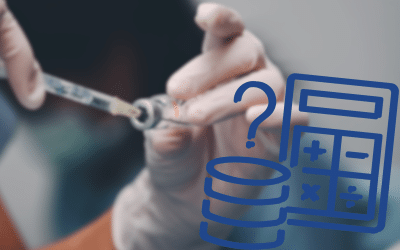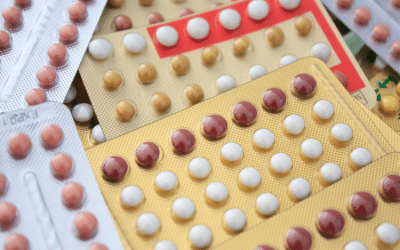The young start-up from Lyon, Kallistem, announced last Thursday September 17, 2015 that they had applied for a patent with their partners: the CNRS, the Lyonnaise ENS, the INRA and the Claude Barnard University of Lyons-1.
This patent is dealing with Aristem, which combines two fields of expertise: those of cell culture and of bio-substances.
According to its inventors, this technique would now allow test-tube spermatogenesis, that is, the production of functional, mature spermatozoa [sperm cells] from the immature cells, called spermatogonia, which nestle in the seminiferous tubules in the testicles. Human spermatogenesis takes 72 days and consists of a physiological process that is complex. It begins with immature cells that have [the full genetic complement, like those of the rest of the body, that is] 46 chromosomes. These undergo three broad stages (mitosis, meiosis and spermatogenesis) ending up with functional spermatozoa that contain [only a single genetic complement,] 23 chromosomes, ready for the fertilisation of an ovum, also containing 23 chromosomes. This process gives rise to the first embryonic cell, having [a new kind of full genetic complement,] 46 chromosomes, which is the essence of a new human being.
Thus far biomaterials have been refined, allowing a stable and efficacious confinement of cultures of seminiferous tubules, imitating that of testicular tissues, thus creating a real bioreactor in which complete spermatogenesis can take place.
The technique has been tested on tissues from rats, monkeys and even man. Researchers have worked using testicular biopsies of transsexuals. “As young pre-puberty boys only have spermatogonies, the same applies for men who want to become women, after undergoing hormone treatment that stops their spermatogenesis; so also, men who are infertile because of a blockage in spermatogenesis only have spermatogonies. In this last situation, after 72 days, we have been able to obtain spermatozoa”, indicates researcher Marie-Hélène Perrard.
Kallistem present their process as an answer to a man’s infertility caused by non-obstructive azoospermia, whose testicules do not produce sperm cells despite the presence of the precursor cells. It could also benefit small boys treated for cancer, from whom testicular tissue has been taken before it has been subject to chemo- or radiotherapy, rich as it is in the immature germinal cells which normally produce sperm cells from adolescence.
According to estimations by the start-up company from Lyon, this treatment for male infertility could represent a potential market over 2.3 billion €uros, with more than 50,000 new patients per year.
.The technique raises ethical questions. For Jean Yves Nau [i], it “smacks of a publicity drive, which the CNRS (why?) fully supports. Should this work one day be endorsed by the specialist community, it would still encounter considerable methodical and ethical difficulties to validate such a process for animals and then for man. French law forbids the creation of human embryos for research purposes. Shall we, in Lyon, dare to pass directly to the stage of human reproduction using artificial sperm?”
Equally, with regard to the predicted profits, there is also the likelihood that these techniques would hinder genuine research for preventing male infertility.
It is also useful to question the causes of the explosion of male infertility in our countries, and the effective absence of any prevention policies.



